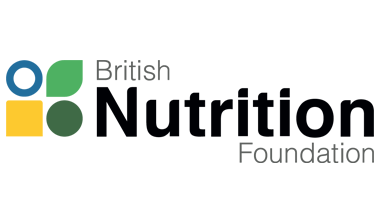Fibre
British Nutrition Foundation
We aim to give people access to reliable science-based information to support anyone on their journey towards a healthy, sustainable diet. In this section you can read about fibre in the diet, the foods that provide fibre and how they can affect our health.
Quick facts on fibre
- Fibre is a type of carbohydrate that the body cannot break down and so it passes through our gut into our large intestine (or colon). It is found naturally in plant foods like wholegrains, beans, nuts, fruit and vegetables and is sometimes added to foods or drinks.
- Fibre helps to keep our digestive system healthy and helps to prevent constipation.
- A high fibre diet may help to reduce our risk of heart disease and stroke, type 2 diabetes and colorectal (bowel) cancer.
- There are many different kinds of fibre, and they have different effects on our body. Some types influence how quickly food moves through our gut, adding bulk to stools and ‘keeping you regular’, some can impact our blood cholesterol and how quickly we absorb sugar from foods and drinks, and some can influence the types and amounts of bacteria in our gut.
- Research shows that the bacteria and other micro-organisms in our gut may be important for health, although there is still a lot we do not know. Fibre found in foods like wheat, oats, beans, pulses, fruit and vegetables such as garlic and onions provide ‘food’ for ‘good’ gut bacteria, allowing them to grow in number and produce substances that are thought to have beneficial effects on health.
- It is recommended that adults get 30g of fibre a day, but, on average, we eat much less than this – about 20g a day. Many children over the age of 2 years also need to increase the amount of fibre in their diet, although their recommended intakes are lower than for adults.
- To get enough fibre in our diets it is important to include a variety of fibre-providing foods regularly, such as wholemeal bread, wholegrain breakfast cereals, brown pasta or rice, fruit, vegetables, peas, beans, nuts, seeds and potatoes with skins.
- If you need to increase your fibre intake, it is a good idea to do it gradually to avoid gut issues like bloating and gas. For gut health, it is also important to drink plenty of fluids (around 6-8 glasses per day for adults) and to be physically active.




































































